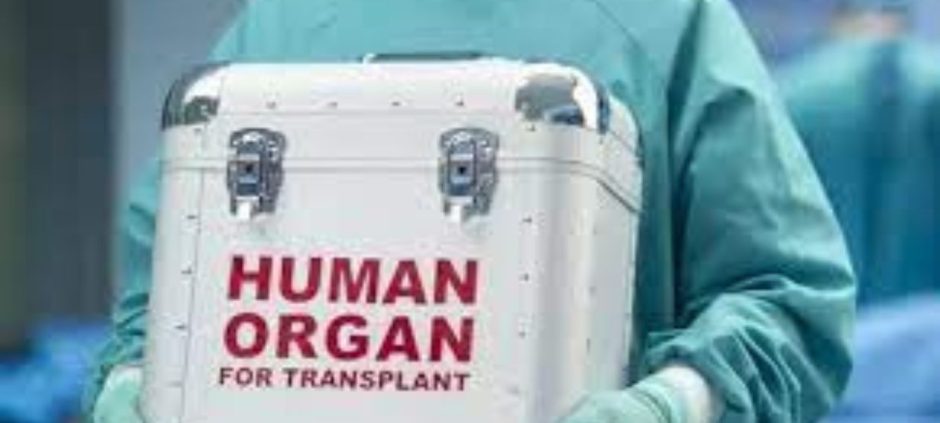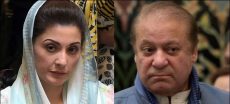Kidney Trade continues to fester in the shadows of Pakistan’s health system, where the poor are enticed, deceived, and exploited. Recent reporting, including from The Tribune in an article titled “Kidney trade,” unearths a chilling case in Chaklala where a labourer was drugged under a job promise, only to wake up missing a kidney.
This scandal is far from isolated. Brokers and complicit medical staff operate in backrooms, treating human organs like merchandise. Despite laws meant to curb organ trafficking, enforcement remains weak, and the kidney trade thrives.
In one alarming twist, a man lured by a fake employment offer lost his kidney after being drugged, his ordeal recounted in a separate exposé.
The kidney trade persists because it exploits the fault lines of society:
- Extreme poverty & debt make individuals easy targets
- Weak oversight in private clinics allows illicit surgeries
- Corruption & complicity shield traffickers and medical staff
- High demand for transplants, especially by wealthy foreign patients, fuels the black market
Legal efforts have been made, from the Transplantation of Human Organs and Tissues Act (2010) to various crackdowns, but these often remain symbolic.
The ongoing kidney trade exposes a chilling web of deceit and desperation. Most victims are rural labourers or unemployed individuals who are lured by fake job offers and promises of quick money. Once trapped, they are drugged, operated on in unsafe environments, and left to suffer lifelong health complications.
Many receive only a fraction of the payment promised, or none at all, while brokers and corrupt medical staff profit freely. The Chaklala incident, where doctors were allegedly involved, reflects how deeply this network runs. Foreign nationals have also been linked to Pakistan’s underground organ market, turning human suffering into a grim form of “medical tourism.”
- Victims are often rural labourers lured by promises of legitimate jobs; they are too desperate to question details
- Illicit surgeries are conducted in unhygienic settings, with little regard for patient safety
- Some receive only a fraction of the payment promised, while others suffer lifelong breakdowns in health
- The Chaklala case involved doctors, yet prosecutions remain slow and rare
- Foreign nationals have been clients in Pakistan’s underground organ market, linking this trade to “medical tourism”
To truly dismantle this dark trade:
- Empower enforcement agencies (FIA, health regulators) to conduct surprise audits of transplant units
- Enact stricter penalties for medical professionals and brokers involved
- Raise public awareness, especially in rural areas, about the dangers and lies behind organ “offers”
- Expand access to legal, safe transplant options in the public health system
The kidney trade is not just a medical scandal; it is a moral crisis. Until authorities act decisively, the poor will continue to be treated as commodities, and victims will multiply in silence.











